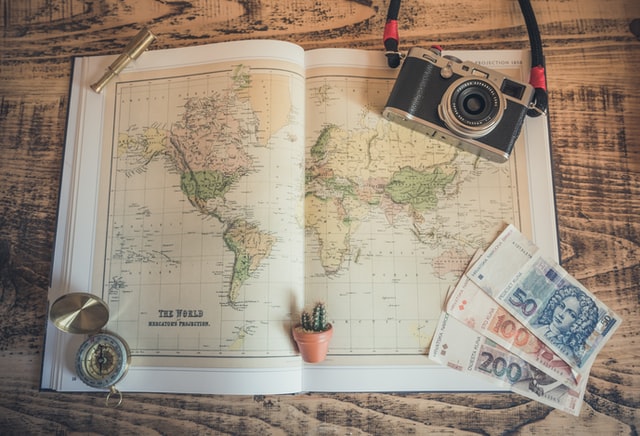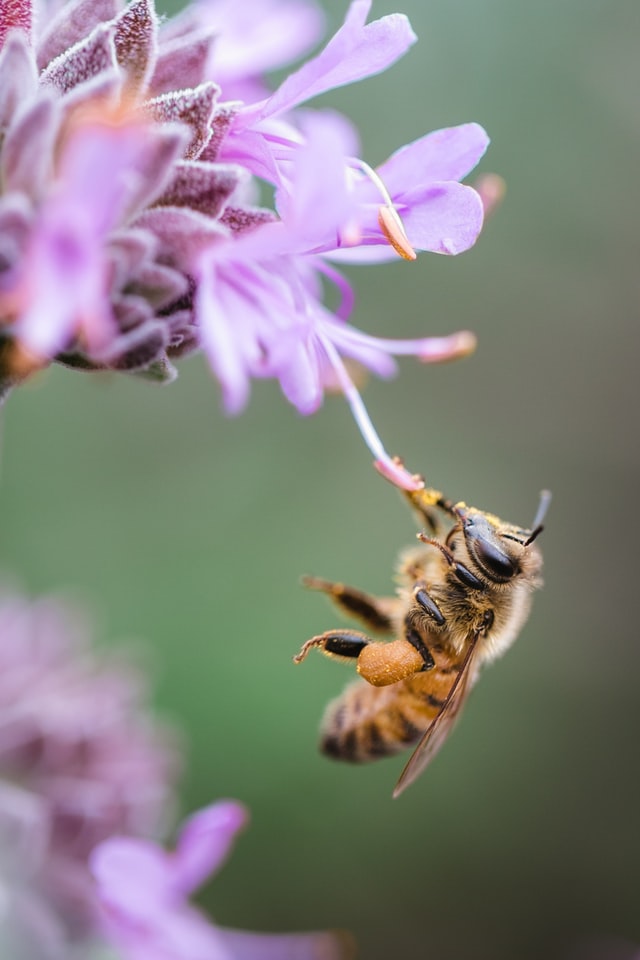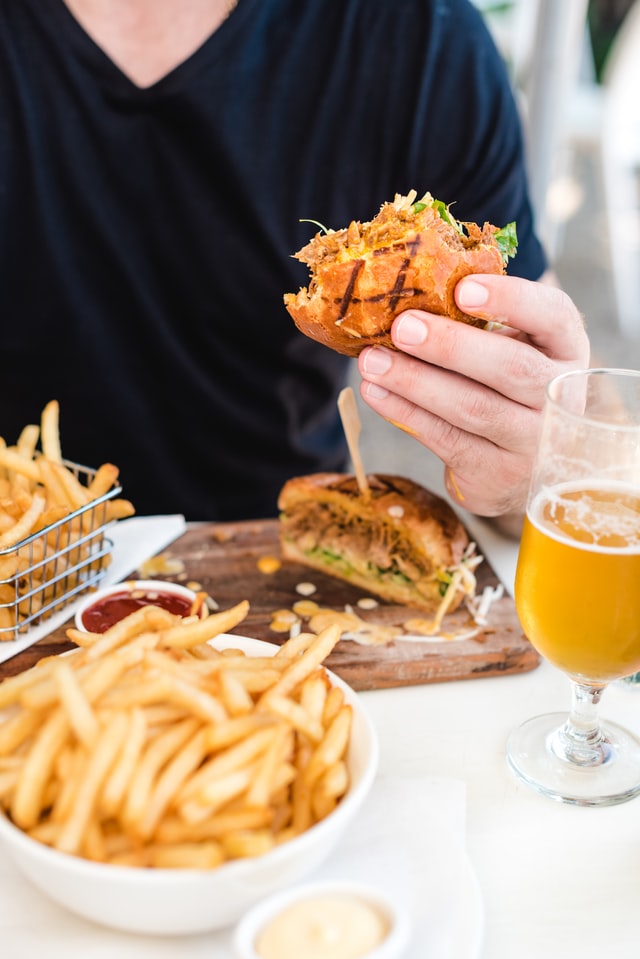AD: How to travel when you have allergies
Allergies can be a big issue when travelling, especially abroad, however, travel is still possible, by planning ahead and taking precautions.
Firstly, do you have a clear idea of what it is that you are allergic to?
Allergy testing is a must as it gives you the right information to better manage your allergy and if there are certain foods or places that you need to avoid, or prepare for.
Before you book
Research is key and things to consider are; the potential airline and hotel’s policy is on food allergy management, the language barrier and popular dishes that may be served at the destination that you are planning to visit.
It may be best to go self catering and take your own food if your allergy is severe.

Before you leave
You have booked your trip and are on countdown to your leaving date, but there are number of things to do before you leave:
- Travel insurance: Make sure that it covers and will pay out for claims relating to an allergic reaction
- Apply for a UK Global Health Insurance Card (GHIC) which will cover you for medically necessary healthcare in the country you are visiting
- Check your medication: Make sure your medication like antihistamines or EpiPens are in date and that you have enough of them, including spares
- Prepare for the language barrier. Google translate was a lifesaver for me when Sebastian was in hospital in Spain and you can also get translation cards from Allergy UK.
- Have an allergy action plan and ensure you have the relevant proof required for carrying medication on board the plane
- Let your airline / hotel know of your allergies and locate the local hospital / pharmacy so you know where they are if you need them.

Whilst you are there
Keep your medication and allergy action plan with you at all times.
If you are allergic to bee or wasp stings and other insect venom, you should take extra care when abroad. Wearing darker colours and not wearing highly scented sprays should help prevent you from being a target.

If you want to eat out and have a food allergy, use a translated “chef card” to give the chef some safe ideas and suggestions. Try to speak to them directly and not just the waiter, if possible.

Travelling with food allergies can throw up a lot of extra challenges, but with a bit of fore thought and planning, it is perfectly possible.
Do you have any tips for travelling with allergies?





















Dean Smith
Thanks for the tips! They are pretty helpful.